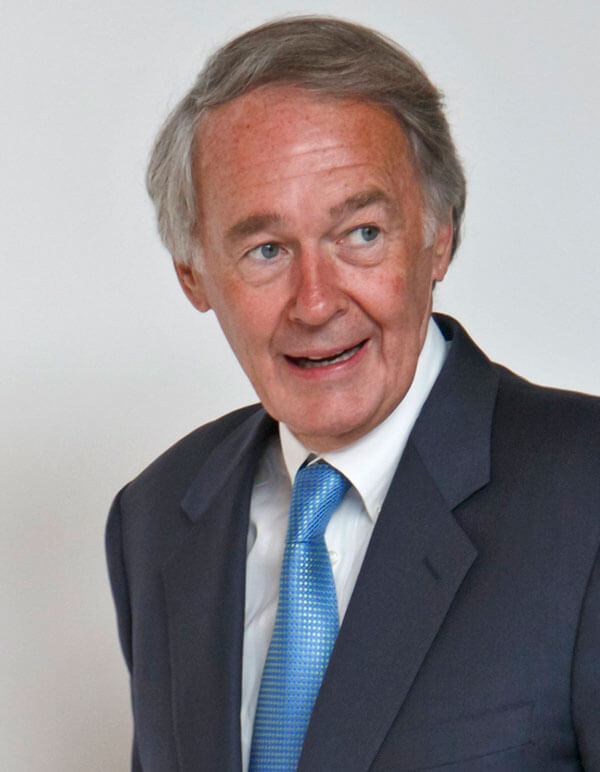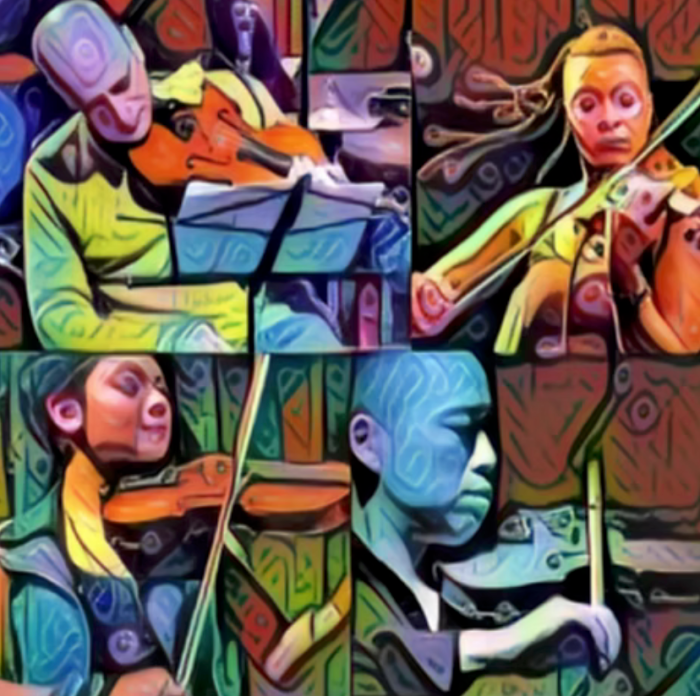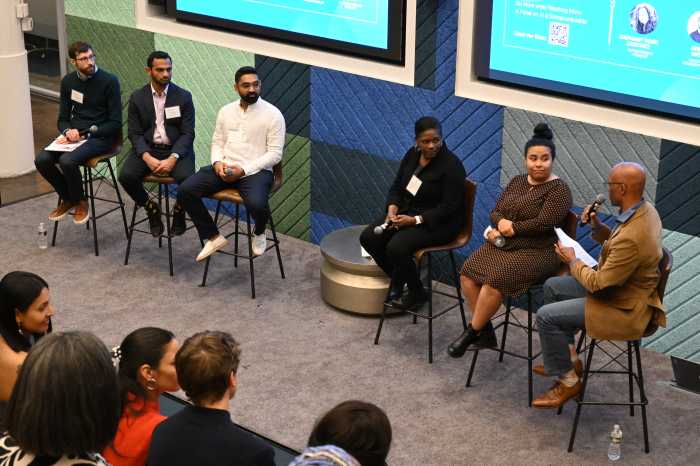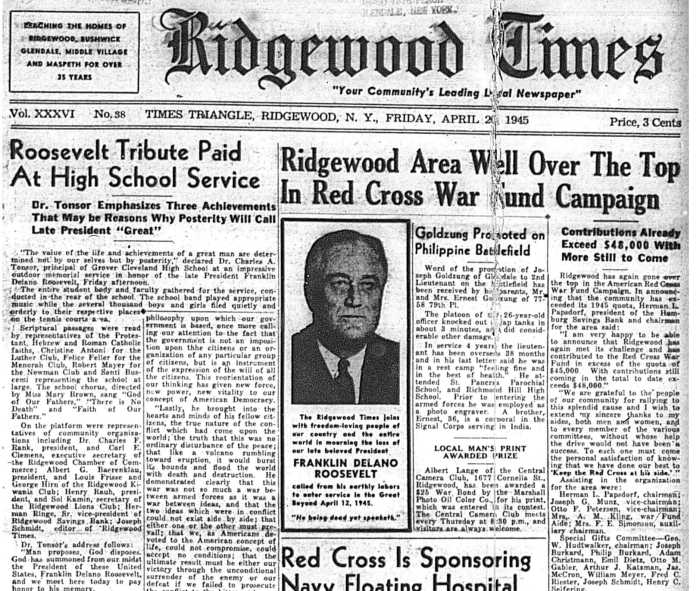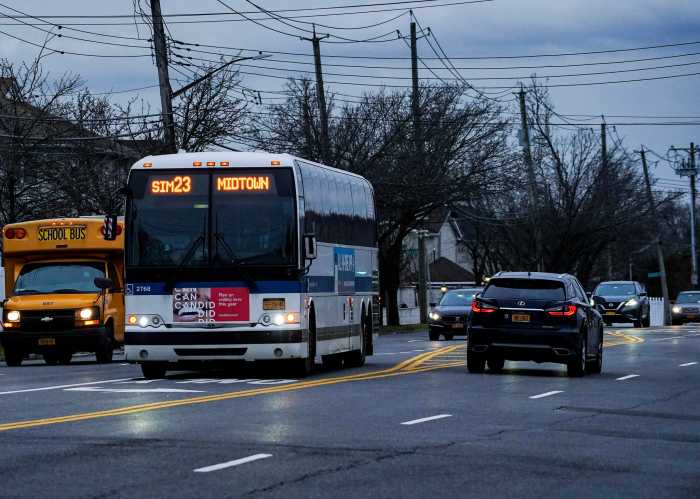The impending deportation of Haitians and people of Haitian descent who were born in the Dominican Republic is dividing legislators in Massachusetts, according to reports in Boston, Mass.
Nationals of the Dominican Republic and Haitians are among the largest immigrant communities in Massachusetts, and, over the years, they have built alliances on issues such as education, immigration and jobs.
But now the conflict roiling the Dominican Republic is testing those loyalties and pushing Massachusetts politicians to take sides in the Caribbean fray, according to the Boston Globe.
In Boston, tensions escalated in recent weeks amid widespread confusion over the effect of the Dominican Republic’s plans for enforcing its immigration laws, noted the paper on Saturday.
Dorcena Forry, a Massachusetts senator of Haitian parentage, said she received death threats after she called for the travel boycott of the Dominican Republic last month, according to the Globe.
On July 9, dozens of flag-waving protesters on both sides clashed in front of the Dominican Republic consulate in Boston. The next day, Boston Mayor Martin J. Walsh called a special meeting to say he did not support the boycott, after an aide had publicly said he did, the Globe reported.
In a highly unusual move, last week a Dominican Republic diplomat, Dominico Cabral, attacked Massachusetts politicians who support the boycott.
In comments to Spanish-language media here and overseas, he called the travel boycott a “dirty campaign” that would hurt Forry and others with Dominican-American voters.
Massachusetts is home to more than 120,000 people of Dominican Republic descent, including immigrants and their US-born children, and 77,000 Haitian-Americans, according to the U.S. census.
“This is a humanitarian crisis. We get that the Dominican Republic is a sovereign nation,” Forry said.
But Cabral, the former Dominican Republic Consul General in Boston, said: “We’re going to make the difference in the next elections. And if she persists in this, she’s going to lose. And the mayor, too.”
Dominican Republic officials insist that nobody has been deported from the country since late 2013, after their nation’s highest court, reinterpreting a constitutional provision, ruled that Dominican-born children of undocumented immigrants were not entitled to citizenship, the Globe said.
It said the ruling effectively revoked the citizenship of as many as 200,000 native-born Dominicans, mainly children of Haitian immigrants to the Dominican Republic.
The Globe noted that the order was retroactive to 1929. Amid international outcry, the country passed a law allowing those affected to apply for citizenship.
Separately, also in response to the court ruling, the president of the Dominican Republic cleared the way for people in the country illegally to apply for legal residency by June 17 or face possible deportation.
The deadline reignited the international debate and generated fears of deportations, even for those born in the country, the Globe said.
“No one born in the Dominican Republic will be deported,” Jose Tomas Perez, the Dominican ambassador to the United States, wrote in a July 11 column in El Nuevo Herald, the Spanish version of the Miami Herald.
But lawyers and others say the situation is more complex. They say the citizenship application process is so bureaucratic — demanding notarized documents that many native-born Dominicans do not have — that most have been shut out, the Globe said.
It said about 55,000 native-born Dominicans with foreign parents have been approved, while another 9,000 applications are pending.
“We need to find a solution, not to add more fuel to the fire,” said Massachusetts State Representative Frank Moran, who opposes the boycott.
U.S. Senator Edward J. Markey called the application process “overly burdensome” in a letter to the U.S. State Department earlier this month, and U..S Secretary of State John Kerry, former Massachusetts governor, expressed similar concerns in a statement, according to the Globe.
Wade McMullen, managing attorney at the Robert F. Kennedy Center for Justice & Human Rights, a Washington nonprofit representing stateless Dominicans, said many people of Haitian descent fear they will face deportation once the controversy dies down.
“Many of them are multi-generation Dominican. They only speak Spanish,” he said. Haitians speak French or Creole. “They have never been outside of the country. They’ve never traveled to Haiti.”
And although Dominican officials say nobody has been deported, media reports have documented some deportations, and tens of thousands of people have left on their own accord, some fearing violence if they don’t.
In his letter to the State Department, Markey said the Dominican Republic government was “brazenly” encouraging the departures by providing free rides to the border.
Former Boston lawmaker Marie St. Fleur, a Haitian-American who favors the boycott, said many immigrants and their children do not know the long history between the countries.
Nationals of the Dominican Republic have recruited Haitians to work there for over a century, but many were often mistreated, said the Globe, pointing to one example – the 1937 massacre of thousands of Haitians by Dominican soldiers.
In 2010, the Dominican Republic amended its constitution to bar Dominican Republic-born children of illegal immigrants from obtaining citizenship. In the United States, people born in the country are citizens at birth, the Globe noted.
“There needs to be a better job of pulling people together, and having conversations and really sharing the history so that it’s about fixing the problem,” St. Fleur said.


